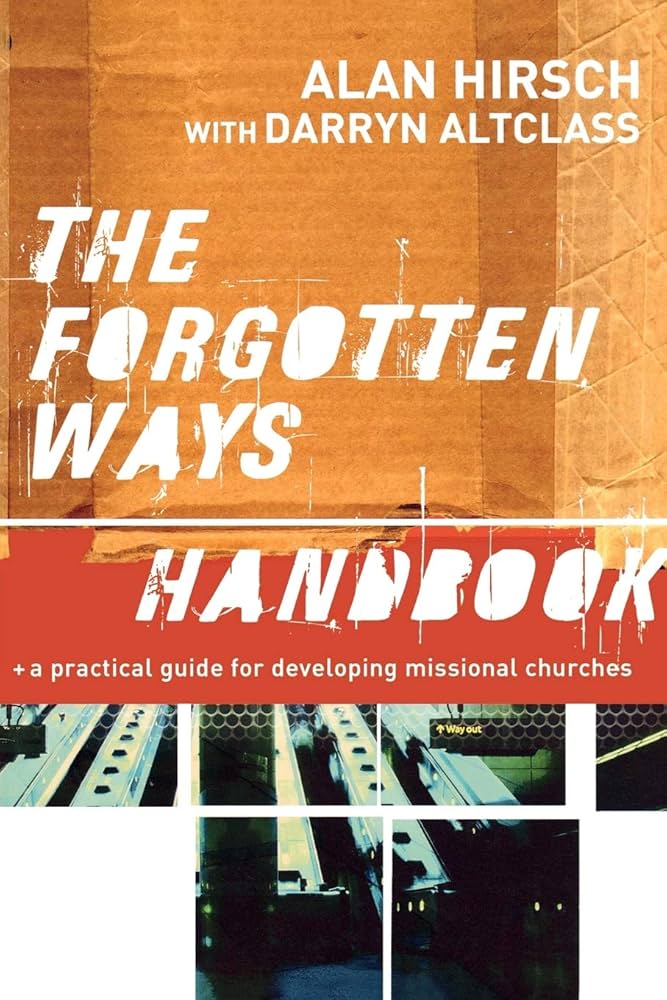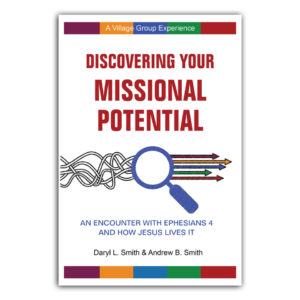The Forgotten Ways Handbook: A Practical Guide for Developing Missional Churches (Paperback)
Original price was: $15.00.$5.00Current price is: $5.00.
Alan Hirsch’s paradigm-shifting classic remains the definitive statement of the church as dynamic missional movement. The bestselling first edition ignited a conversation about how to harness the power of movements for the future growth of the church. In this major update, Hirsch shares significant insights gained along the way, provides fresh new examples of growing churches, and reflects on the last ten years of the missional movement. The new edition has been thoroughly updated and revised throughout and includes charts, diagrams, an expanded glossary of terms, new appendices, an index, a new foreword by Ed Stetzer, and a new afterword by Jeff Vanderstelt.
Known for his innovative approach to mission, Hirsch is widely acknowledged as a thought leader and mission strategist for churches across the Western world. He considers The Forgotten Ways the guiding work to all of his other writings. The book explores the factors that come together to generate high-impact, exponentially explosive, spiritually vibrant Jesus movements in any time and context. This extensive update to Hirsch’s influential work offers a system of six vital keys to movements that will continue shape the future of the missional movement for years to come.
Description
In his bestselling missional book The Forgotten Ways, internationally known missional church expert Alan Hirsch offered a vision for the future growth of the church coming about by harnessing the power of the early church. Now The Forgotten Ways Handbook moves beyond theory to practice, offering ways for any missionally minded person to apply the ideas contained in The Forgotten Ways to their life and ministry.
This intensely practical handbook includes many helpful tools: summary sections encapsulating the ideas contained in each chapter in a popular way; suggested practices to help readers embed missional paradigms concretely; and adult learning-based techniques and examples from other churches and organizations that enable readers to process and assimilate the ideas in a group context.






